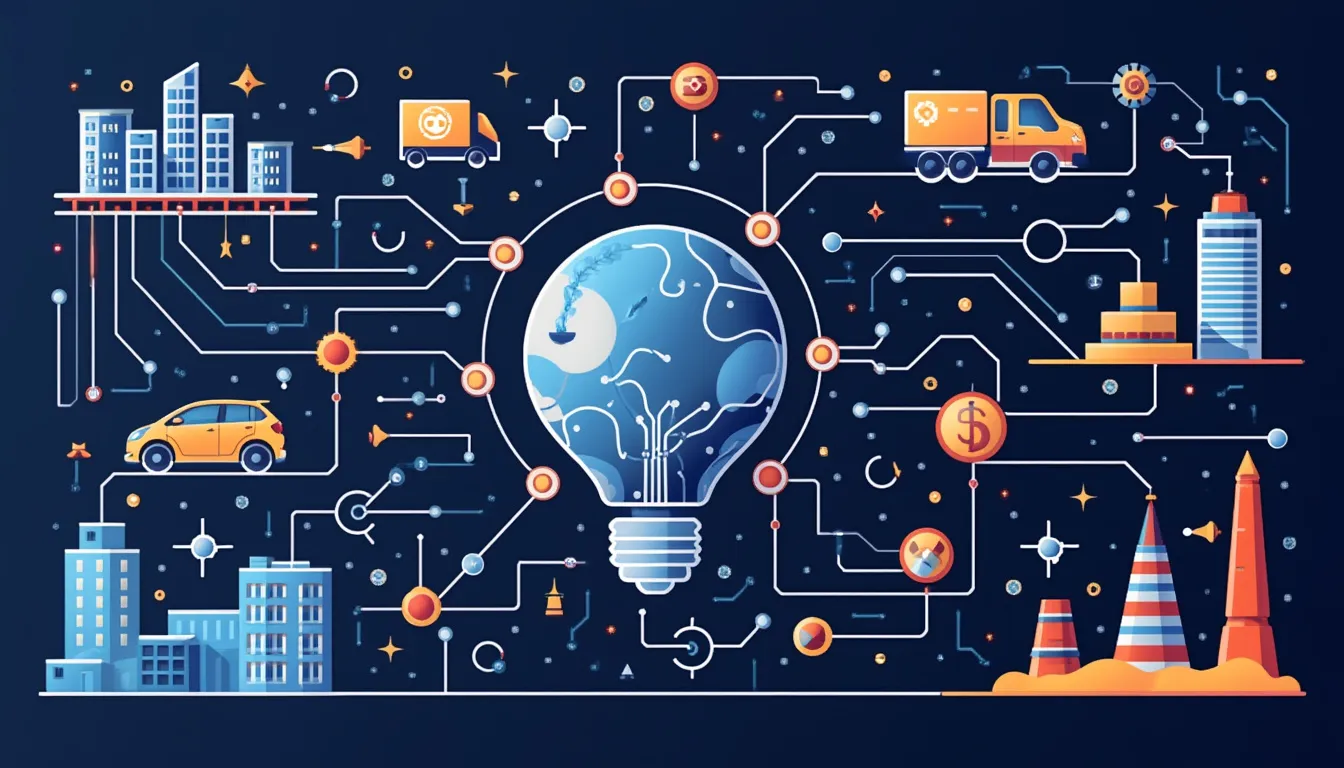AI Advances Amid Safety and Regulation Challenges
In today’s rapidly evolving tech landscape, AI continues to push boundaries despite remaining in an early phase of development. While AI technologies like language models have grown more sophisticated, they still struggle to seamlessly replicate human abilities, particularly in nuanced contexts such as conversational writing or complex decision-making tasks. These limitations imply a significant shift in roles rather than a wholesale replacement of human jobs.
Part of the push towards safer AI deployment involves key figures like Dan Hendrycks, who have advocated for stronger regulatory frameworks. Hendrycks’ involvement with Scale AI as an advisor underscores the increasing prioritization of AI safety. His efforts include contributions to legislation such as California’s SB-1047, which aimed to establish regulatory standards, although it faced a setback with a veto from Governor Gavin Newsom.
Accelerated Adoption and Industry-Specific Innovations
The drive towards industry-specific AI models is gaining momentum, with companies such as Microsoft leading the charge by developing tailored solutions. These models, crafted in collaboration with heavyweights like Bayer and Siemens Digital Industries, leverage pre-trained, industry-specific data to solve unique business challenges, enabling organizations to harness AI’s full potential in specialized fields.
Investment forecasts serve as a testament to industry’s confidence in AI capabilities. Research by IDC predicts that a substantial portion of AI investment—67% of the projected $227 billion by 2025—will see enterprises infusing AI into core operations, marking a strategic shift towards digital transformation. This trend aligns with increasing AI-enhanced applications in sectors like customer service, highlighted by Salesforce’s launch of its intelligent agent, Agentforce, which optimizes customer interactions.
The healthcare industry, grappling with significant staffing challenges, is also eyeing AI as a transformative tool. Stepful’s recent funding of $31.5 million signifies a new wave of innovations aimed at addressing workforce shortages through AI-driven training solutions, which promise enhanced efficiency and capability building in healthcare settings.
The advancement of multimodal AI capabilities represents another frontier, with models from tech giants like Google and OpenAI demonstrating versatile processing abilities. These AI systems can handle diverse inputs, such as text, images, and videos, opening opportunities for enhanced content generation and more intuitive interactions.
Lastly, a notable development is the rise of agentic AI, characterized by systems displaying a degree of autonomy and proactivity. Such technologies are not only revolutionizing activities like environmental monitoring but are also paving the way for new approaches in complex problem-solving, providing invaluable assistance in areas requiring independent decision-making without constant human oversight.




